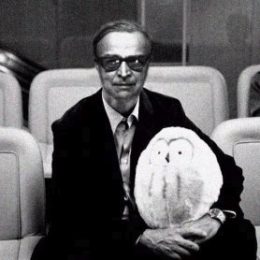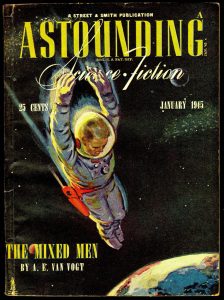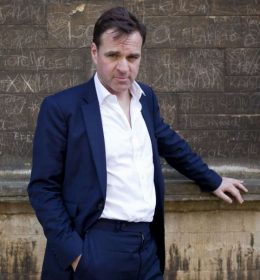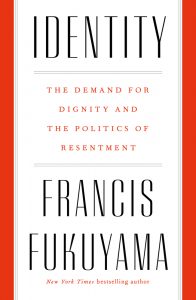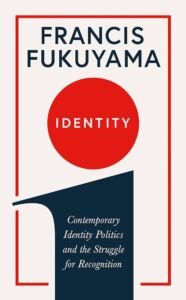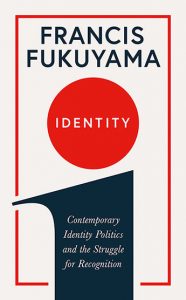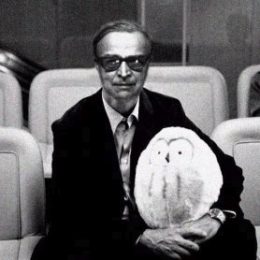1.941 słowa
English original here, Estonian, French, Spanish
Część 7 (Rozdział 1, Rozdział 4, Rozdział 6)
„Czy możemy się po prostu dogadać?” – Rodney King
Krótka książka Carla Schmitta Pojęcie polityczności (1932) jest jednym z najważniejszych dzieł dwudziestowiecznej filozofii politycznej[1].
Głównym celem Pojęcia polityczności jest obrona polityki przed utopijnymi próbami jej porzucenia. Anty-polityczny utopizm zawiera wszystkie formy liberalizmu, jak również międzynarodowego socjalizmu, globalnego kapitalizmu, anarchizmu oraz pacyfizmu: w skrócie – wszystkie polityczne filozofie, których celem jest uniwersalny porządek, w którym porzucono wszelki konflikt. (more…)

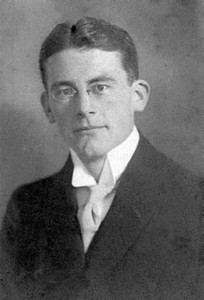


 145 words / 60:58
145 words / 60:58 141 words / 76:09
141 words / 76:09